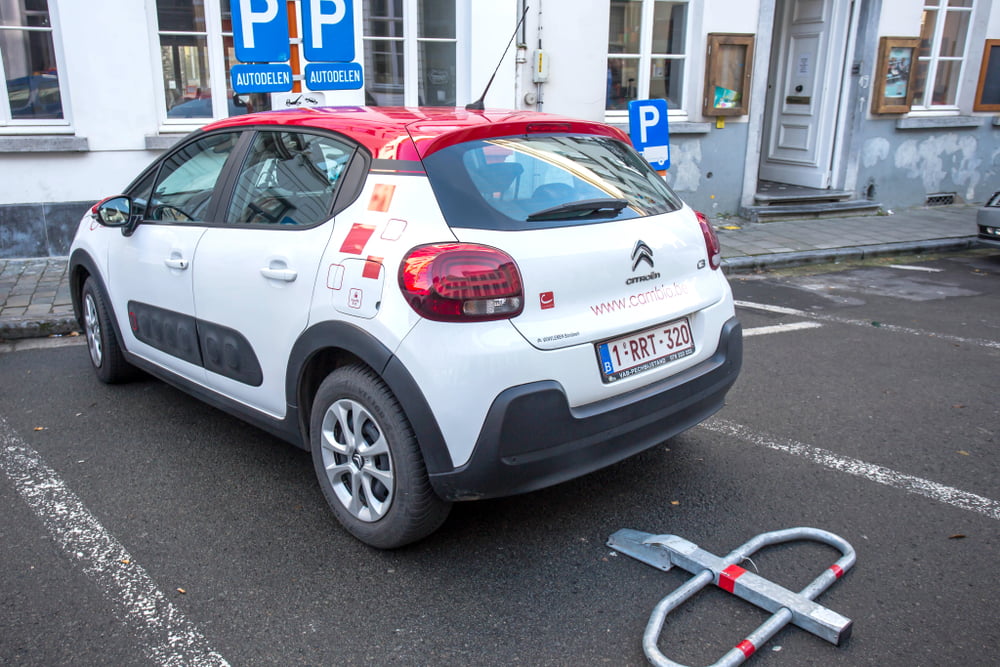The government has reached an agreement on the draft law on the greening of mobility.
The government has reached an agreement on the draft law on the greening of mobility. In the future, only the costs for cars that do not emit CO2 will be tax deductible. There will be incentives for companies and private individuals to install charging stations. In addition, the mobility budget will also be expanded and relaxed. There will be a radical deduction ban for cars with a combustion engine that are purchased or leased from 1 January 2026. The tax deduction for carbon-free cars will be phased out from 2027.
Anyone who installs a charging station at home as a private individual, owner or even tenant between September 1, 2021 and August 31, 2024, will receive a tax reduction. If you make that purchase between September 1, 2021 and December 31, 2022, you can benefit from a tax reduction of 45%. That rate decreases to 30% for those who make a purchase between January 1, 2023 and December 31, 2023 and decreases further to 15% between January 1, 2024 and August 31, 2024. The amount for which a tax reduction can be granted is limited to € 1500 ( not indexed) per charging station and per taxpayer.
freely accessible
The charging station must be intelligent (namely it can control the charging time and charging power) and may only use green energy. The charging station must be freely accessible to everyone. The deduction also applies to personal income tax. An increased investment deduction will apply to companies that purchase a new zero-carbon truck, install a hydrogen refueling infrastructure or install an electric charging station.
In addition to the combustion engine, hybrid cars also have an electric motor. In the new system, a distinction is made between 'true' hybrids and 'false' hybrids. Hybrid cars that in practice run on the combustion engine because of a limited electric battery are considered 'false' hybrids for tax purposes. They become less tax attractive. For the calculation of the benefit in kind and of the deduction percentage, the official CO2 emissions of that vehicle are then not taken into account, but the CO2 emissions multiplied by 2,5 or the CO2 emissions of a corresponding non-hybrid vehicle.
More information can be found in the Green Guide by Wolters Kluwer
Also read: The Hague states that hydrogen would not be 'green' enough



